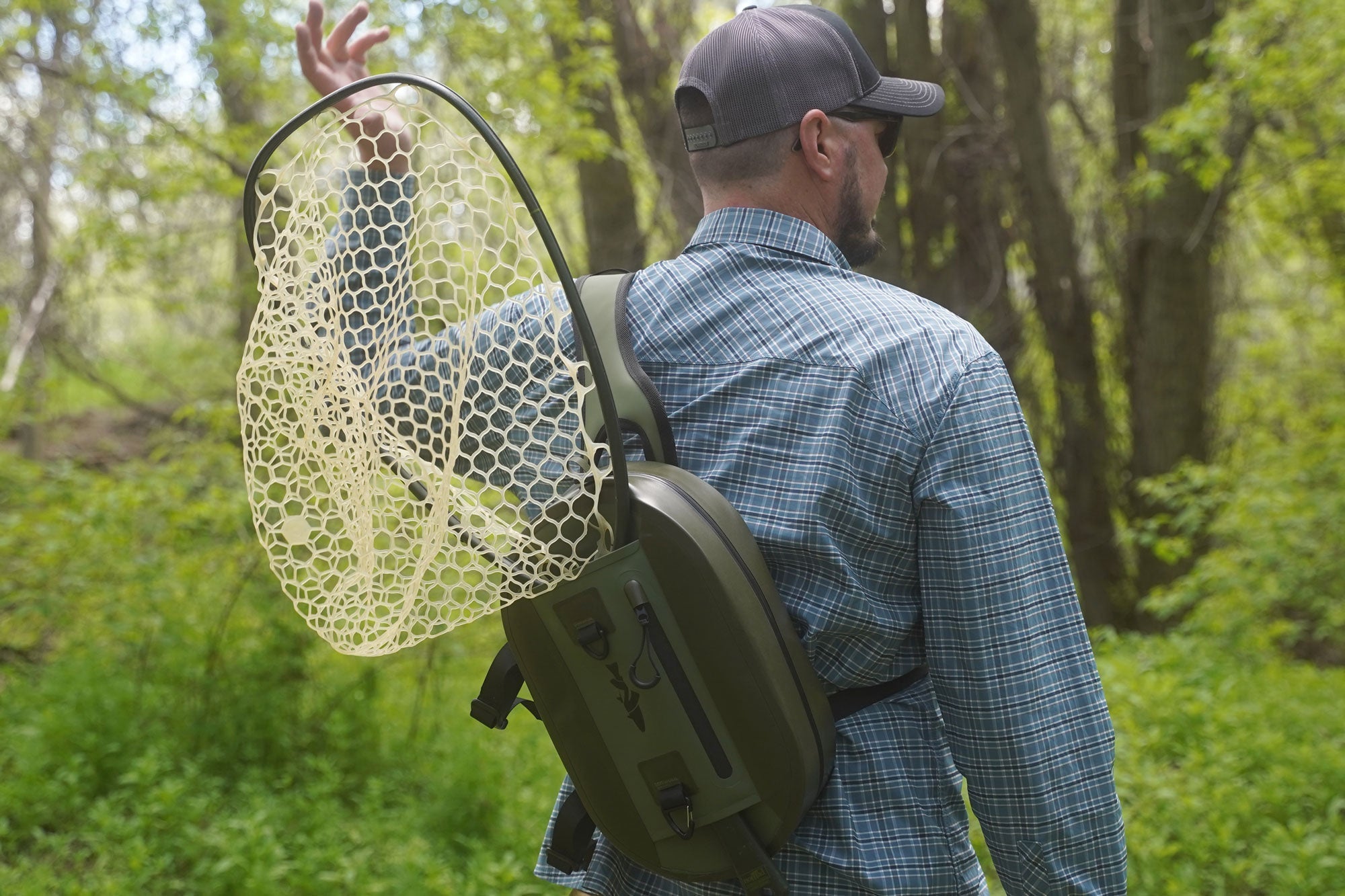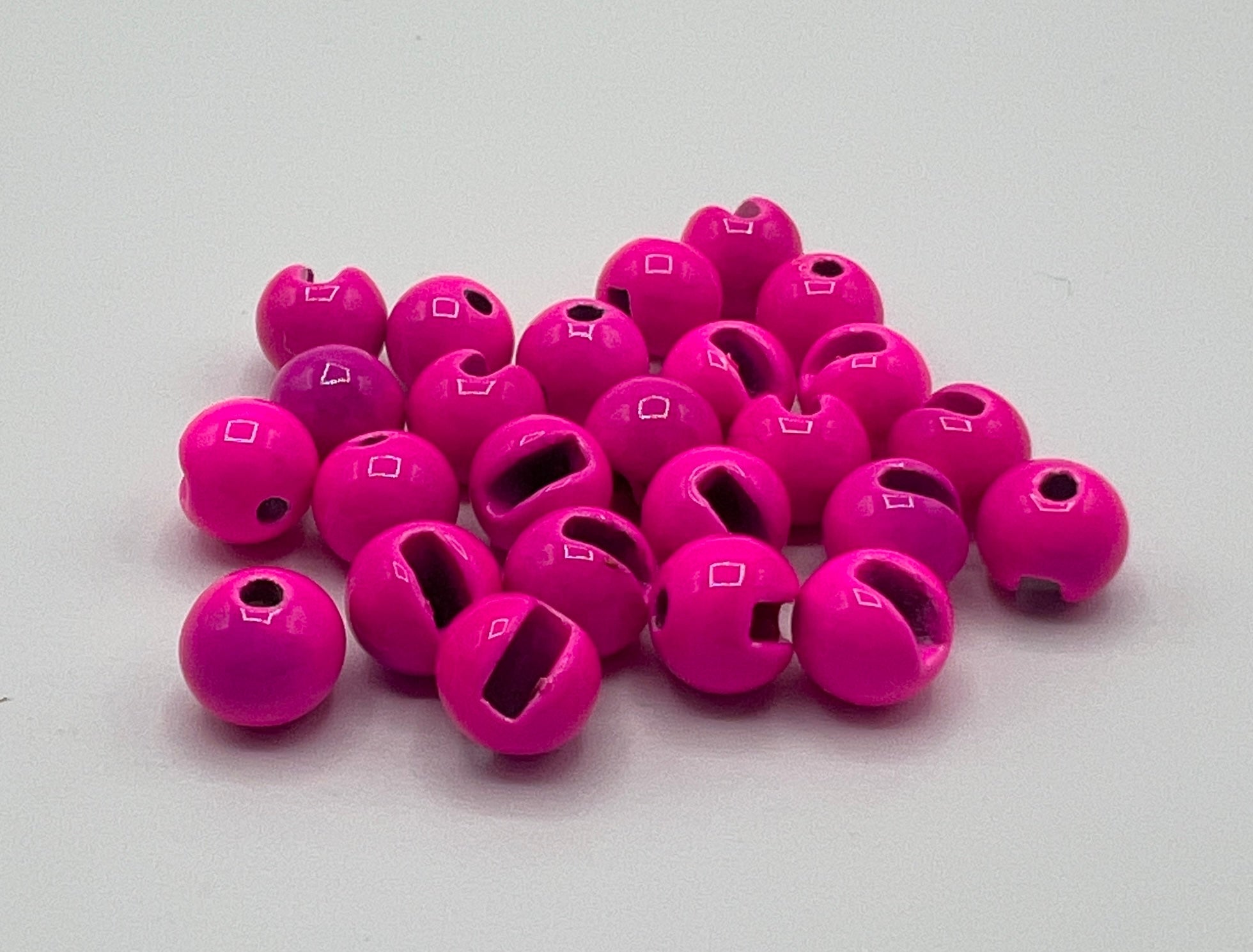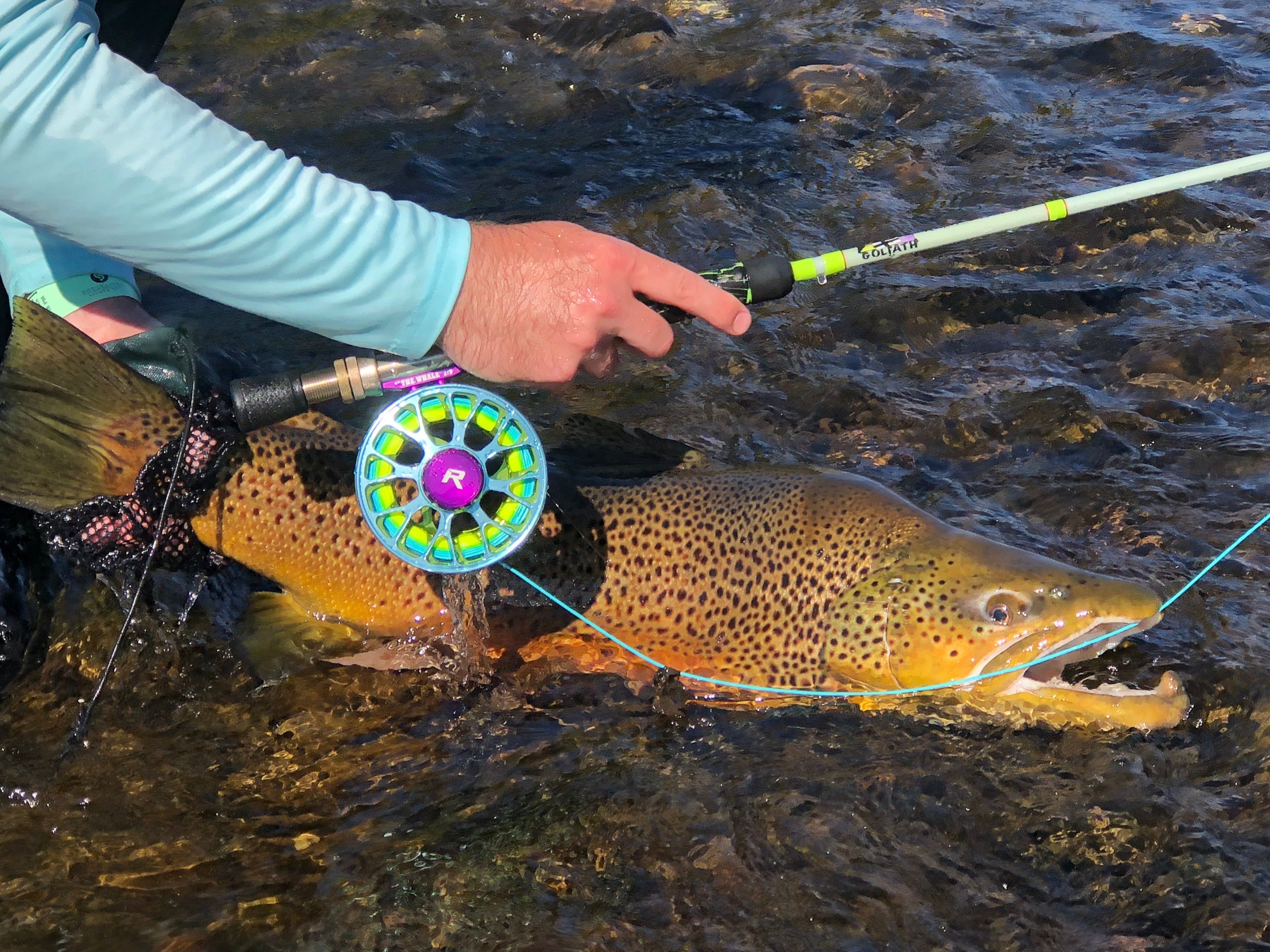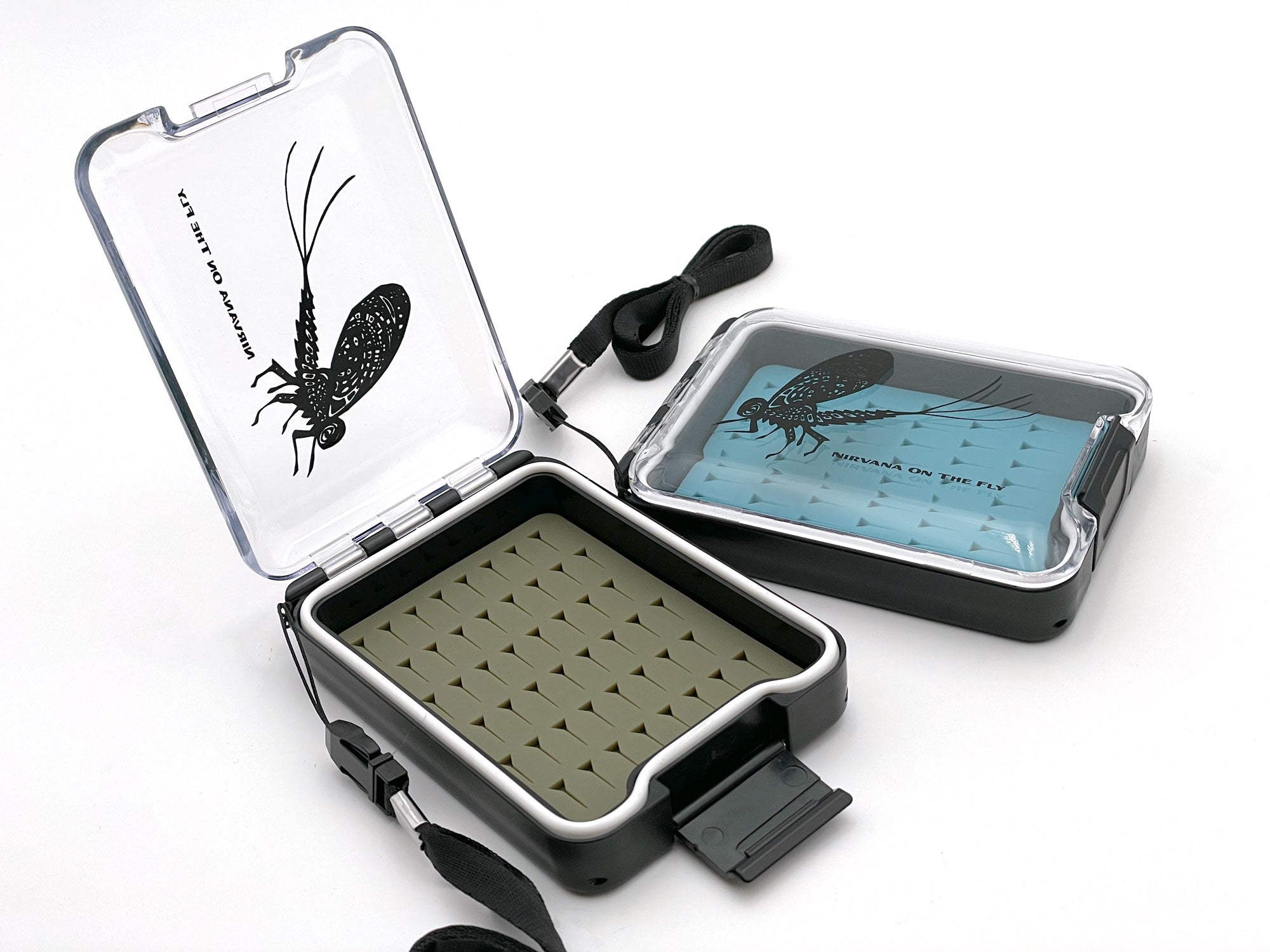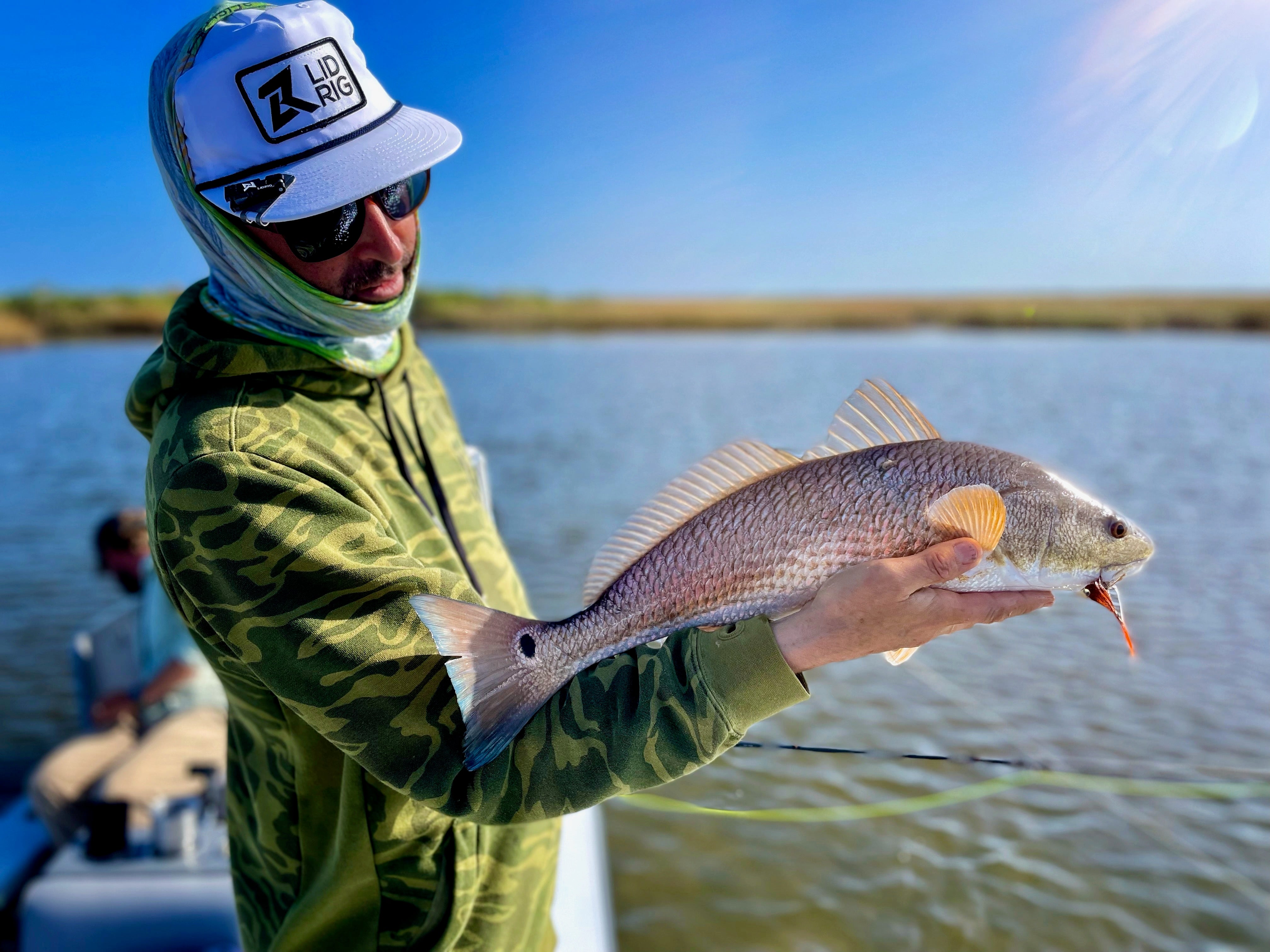Alaska, a land renowned for its wild, untouched landscapes and abundant wildlife, offers some of the most spectacular fly fishing experiences in the world. But with increasing popularity and looming changes, the chances available to those who dream of casting their lines in these pristine waters is clearly dwindling. If you have considered going to Alaska for fly fishing then I suggest that you go now, or you might regret missing out on the experience in its current form. Ask any angler that has visited Alaska about the changes they have seen and you’ll find a plethora of stories about the old days. We’ve all heard about them on our local waters but the change in Alaska is coming and you want a taste before it is potentially gone.
Majestic Alaska Fly Fishing
Fly fishing in Alaska is not just about the activity and catching monster fish. It's about immersing yourself in an environment where nature dictates the rules. It’s about being in as close to an untouched environment as you can be. It’s about experiencing the mountains and rives in their natural state before being disturbed by humans. From the icy blue rivers to the tranquil lakes surrounded by dense forests, the backdrop for this activity is as breathtaking as it is serene. The thrill of catching salmon, trout, or even the elusive Arctic char in these waters is enhanced by the sheer beauty and isolation of the surroundings. There is nothing like flying into the bush and feeling as if you could be the first person to step foot there or that there have only been a handful of people here before. All walks of life and nature have an unspoiled oura of excellence and purity about them.

Popularity's Double-Edged Sword
However, as word of Alaska's fly fishing excellence spreads, more and more enthusiasts are drawn to its rivers and streams. This surge in popularity is beginning to alter the very essence of what makes fly fishing here so special. With the advent of affordable travel the ability to seek out solitude and a deep connection with nature has become obtainable. With increased foot traffic, we're starting to see the inevitable transformation of these once secluded fishing locations. We as anglers are not helping the situation as our demand has risen and the lodging is accommodating. Places that use to only house 4-5 anglers now have encampments capable of holding hundreds.

The Impact of Commercial Fishing and Regulations
Commercial fishing operations and regulations that are not in favor of anglers are also contributing to the changing landscape of Alaska fly fishing. As these businesses strive to meet the global demand for seafood, the strain on fish populations and their habitats increases. Regulations, while necessary for conservation and ensuring sustainable practices, can also limit the freedom and flexibility of recreational anglers. These changes mean that the fly fishing experience today may not be the same in the future. Many of the popular brands like Patagonia are fighting tirelessly to combat current regulations in fish farming, daming and over fishing. It’s a task that is often seen as insurmountable but as anglers is critical to our preservation.
Conservation: The Key to Preservation
Based upon the aforementioned, the call for conservation is louder than ever. Protecting Alaska’s unique ecosystems and maintaining the health of its fish populations are crucial. Conservation efforts need to be supported not only by local communities and governments but also by the anglers who treasure these waters. Practices such as catch and release, respecting seasonal and spawning closures, and keeping ecosystems clean can help ensure that these fishing paradises remain for future generations.

More importantly, large scale regulations need to be challenged. Allowing big businesses and government to be the sole regulators is in my opinion an extreme risk. Sadly, we can not trust our public resources to entities like that who will undoubtedly sway toward revenue and their own advantages over those of the public and anglers. Getting involved in conservation but supporting conservation outfits is an excellent way to get started.
Go Now or Regret It
I’ve said it before and I’ll say it again. For those contemplating a fly fishing adventure in Alaska, the time is now. Going before the landscape of this beloved activity is altered irreversibly by external pressures and increased regulations, experiencing its current glory is a must. Don’t miss out on the opportunity to witness the majestic beauty of Alaska’s wilderness and to enjoy fly fishing in a way that might soon be a tale of the past.
Don’t feel that a dream trip is needed. It can be affordable and unique at the same time. I for example have used the Katmai Trophy Lodge (KTL)as one of my locations and their ability to provide excellent fishing and remoteness is unique. There are of course hundreds of other potential locations but KTL is one I’ve used on multiple occasions and trusted to bring me that Alaskan experience.
In Conclusion
We are at a crossroads, with Alaska’s future. Uncertainty in its future preservation is amidst growing popularity and environmental challenges. As anglers, conservationists, and lovers of the great outdoors, it is our responsibility to act swiftly—both to experience this incredible adventure before it changes and to participate in efforts to preserve its beauty and integrity. Go now, or you might just regret missing out on what can truly be a once-in-a-lifetime experience. Don’t wait, start researching and go now.
Frequently Asked Questions About Fly Fishing in Alaska
Q: What is the best time of year to go fly fishing in Alaska?
A: The prime time for fly fishing in Alaska typically runs from June to September, when the salmon runs occur. However, the best time can vary depending on the specific location and the species you're targeting. For instance, June and July are ideal for king salmon, while silver salmon are more plentiful in August and September. I like to go in September and target the massive rainbow trout. Here is a podcast with additional information.
Q: Do I need a guide to fly fish in Alaska?
A: While not strictly necessary, hiring a guide can greatly enhance your fly fishing experience, especially if you are unfamiliar with the region. Guides can provide valuable insights into the best fishing spots, the right flies to use, and techniques to increase your success rate. They also ensure that you adhere to local fishing regulations and conservation practices. Moreso, many guides come with lodging and can get you into that remoteness that you are looking for without backbreaking work.
Q: What kind of fishing gear should I bring?
A: The gear you'll need depends on the fish you're targeting. Generally, a 7 to 10 weight rod is suitable for most salmon and large trout species. Don’t forget waterproof gear, as Alaska’s weather can be unpredictable. Bear repellants and awareness are critical because in Alaska, wildlife is abundant. If you're unsure, local fly shops, lodges and guiles can provide recommendations and even rentals suited to current conditions.
Q: Are there any specific regulations I should be aware of before I go?
A: Yes, Alaska has specific regulations that vary by region and species, including catch limits, size restrictions, and seasonal closures. It's important to familiarize yourself with these regulations, which can be found on the Alaska Department of Fish and Game website. Adhering to these rules is crucial for the conservation of fish populations and the future of fly fishing in Alaska.
Q: How can I participate in conservation efforts while fishing in Alaska?
A: Conservation starts with practicing catch and release correctly and responsibly. Use barbless hooks, handle fish with wet hands, and keep them in the water as much as possible during release. Additionally, participate in local clean-up drives, respect no-fishing zones, and consider donating to or volunteering with local organizations that work to preserve the natural habitats. I recommend starting this research before arriving so you have a plan of action.
Q: Can I fly fish if I have never done it before?
A: Absolutely! Alaska is a fantastic place to learn fly fishing. Many lodges and guides offer lessons for beginners, focusing on everything from casting techniques to fly selection. This can be a great way to get started, ensuring you learn proper habits and techniques right from the start.
Download Essential Elements of Destination Travel for Anglers


By Christian Bacasa
Host of the Fly Fishing Insider Podcast
www.ffipodcast.com
@flyfishinginsiderpodcast
@dupeafish
Watch on YouTube



